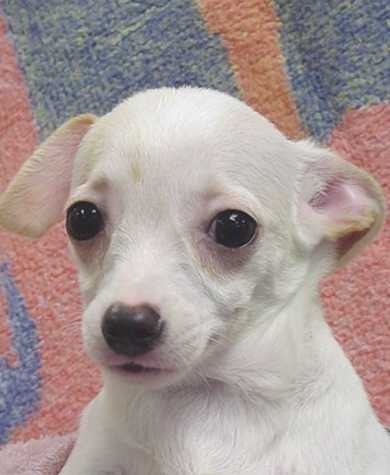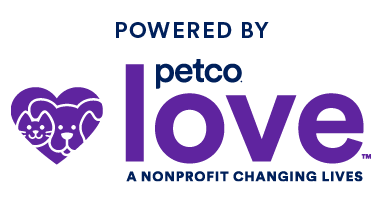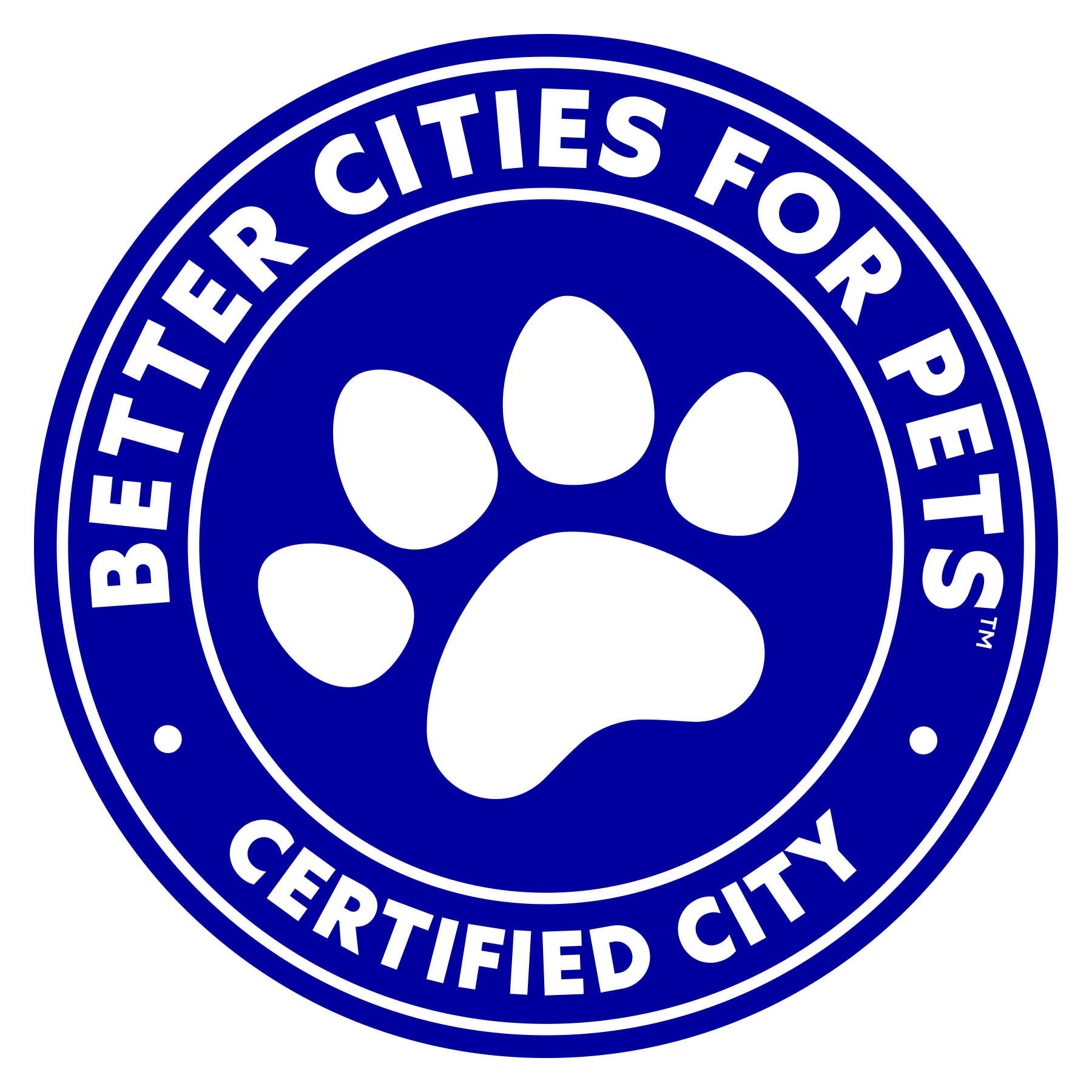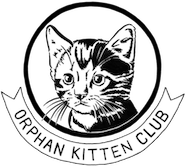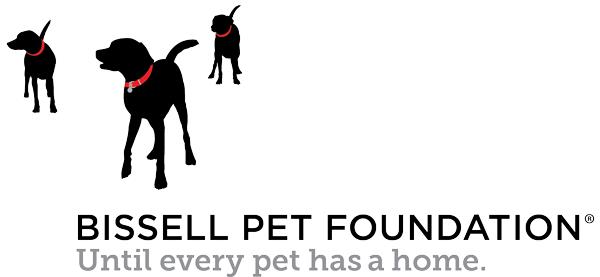The following article was submitted by a knowledgeable rescue organization that has given years of dedicated, reputable service to find responsible homes for rescued dogs. We hope potential pet owners find this article helpful in understanding the differences between rescue organizations and buy/sell businesses that pose as rescues.

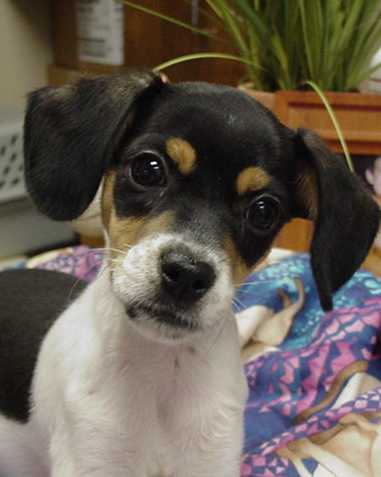



These dogs were removed from a Fort Wayne home and found to be in various stages of neglect. The buy/sell business promotes its dogs through the internet as being rescued and for adoption. The care taker pled guilty to animal cruelty and the dogs were successfully adopted from the shelter into loving homes.
Rescue Organization Standards
Adopting a pet from a rescue group is a wonderful way to give an animal a second chance at life, and you will be rewarded with unending love and joy from your new family member! Recognize that not all rescue groups are created equal or share the same mission. Be sure that the rescue group you choose is reputable, that they are truly in it to rescue animals in need and place them with loving families, not running a business of buying and selling animals under the guise of rescue. Here are a few good questions you can ask and observances you can make to ensure that the organization has the animals welfare at heart:
- Where do the dogs come from? Were they given up by an owner or placed with the rescue from an animal shelter? If the group buys animals or takes them from “free to a good home” owners to re-sell, then they are not a rescue group.
- What guidelines do they use to evaluate an animal before taking it into their rescue program? If an animal has aggression issues, it should not be placed with a family. A history of biting, even once, is not acceptable.
- Once an animal has been accepted into the rescue program, then what? Does it go into a foster home? A foster home can tell you a lot about the credibility of a rescue group. A foster family should be willing to allow you to meet an animal in their home, so you can see how the animal acts in a home environment and get a feel for the type of home that has been provided; if not, that can be a red flag. Avoid any group that does not allow you to see the living conditions of their animals.
- What criteria must be met by an adoptive family before taking an animal home from the rescue? Do you complete an application? Does the organization call your veterinarian to verify that you have been a responsible pet owner in the past and have vaccinations on file? Is there a home visit involved? The more thorough the adoption process, the more credible the organization. Rescue work isn't about “numbers,” taking in the highest number of animals and adopting the highest number out; it's about making a perfect match between animal and family, so that the animal has a forever home.
- If an animal is taken into the rescue program, are all of his or her medical needs taken care of by the organization? A new, adoptive family should not be saddled with medical procedures and costs; those should be taken care of by the rescue group.
- What are the group's adoption fees? The fees should be the same across the board, not more or less depending on the breed or marketability of the animal. It is common for older animals to have a slightly lower adoption fee than the fee of younger animals. If the group claims to recoup expenses by charging variable prices, then beware. Rescues should use fund raising and donations to cover other expenses. Adoption fees should cover the cost of general care while the animal is in a foster home.
If the adoption fees charged by a rescue organization seem to be similar to what you would pay to purchase a dog from a breeder or pet store, then it is possible the group is in the business of buying and selling animals, not rescuing and adoption. - One last observation: If a rescue group has lots of puppies available, it could be an indicator that they have bought or bred the puppies or accepted a free litter with the intention of re-selling them. If you are trying to find homes for a litter and contacted by a rescue who wants your litter, than you are likely dealing with a buy and sell business claiming to be a rescue. Rescue organizations typically take in adult animals.


